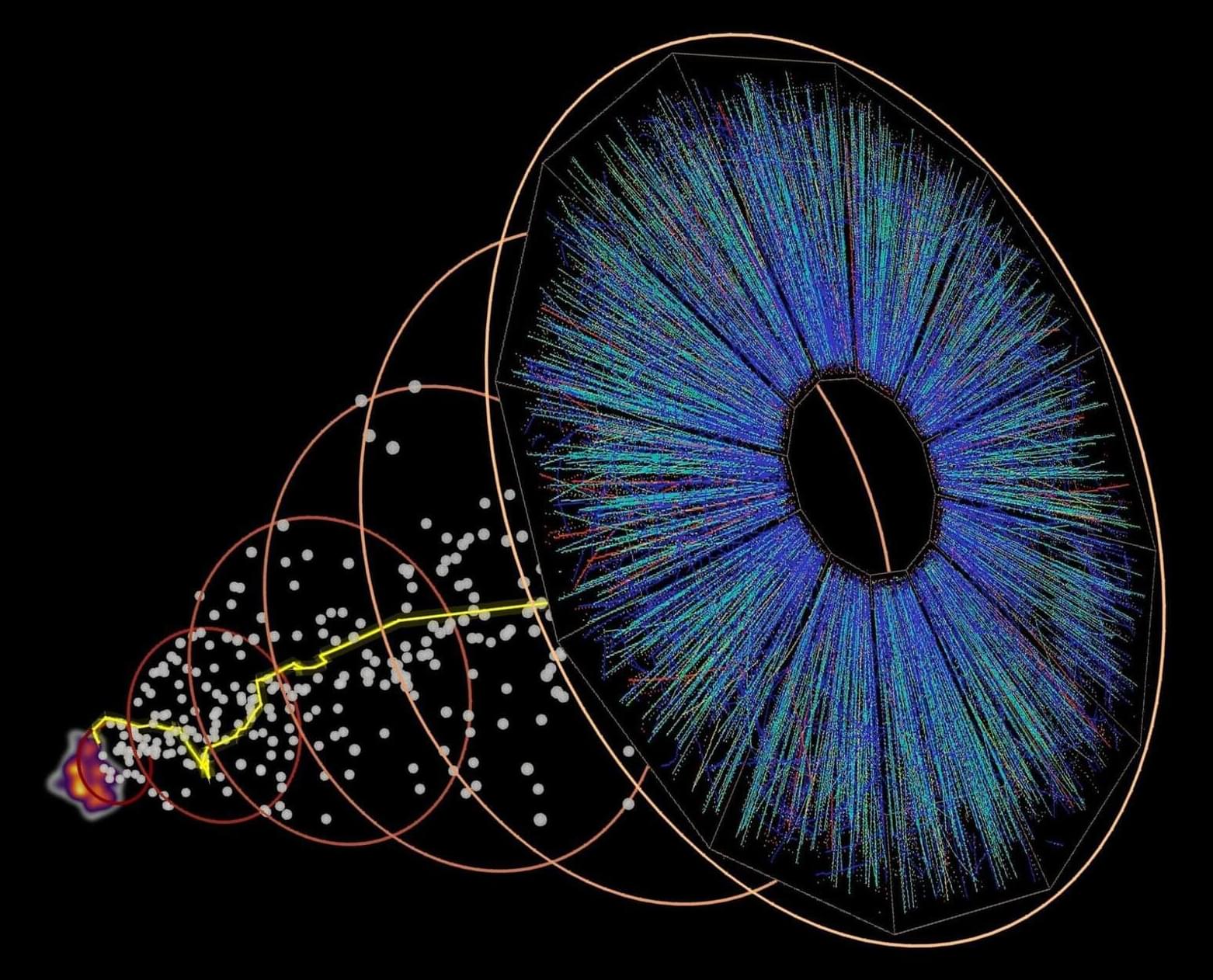In today’s AI news, Elon Musk’s AI company, xAI, has officially launched its latest flagship AI model, Grok 3. Released late on February 17, 2025, Grok 3 introduces significant advancements over its predecessor, Grok 2, and aims to compete with leading AI models such as OpenAI’s GPT-4o and Google’s Gemini.
In other advancements, Replit has transformed non-technical employees at Zillow into software developers. The real estate giant now routes over 100,000 home shoppers to agents using applications built by team members who had never written code before. This breakthrough stems from Replit’s new partnership with Anthropic and Google Cloud, which has enabled over 100,000 applications on Google Cloud Run.
Then, Wu Yonghui, a prestigious “Google Fellow” who worked at the US tech giant for 17 years, recently joined TikTok owner ByteDance to lead foundational research on artificial intelligence (AI), as the firm seeks to “explore the upper limit of intelligence”. Wu now works at ByteDance’s Seed department, which the Beijing-based company started in early 2023.
Meanwhile, large companies are not adopting AI as quickly as start-ups, AWS managing director Tanuja Randery says. The gap is leading to a “two-tier” AI economy as startups outpace corporations. Citing a new report from AWS, Randery said that European startups had integrated AI at pace over the last year while larger enterprises in the region were falling behind.
In videos, join Sara Bacha from Converge Technology Solutions as she delves into how GraphRAG outperforms traditional RAG by leveraging knowledge graphs and LLM to enhance data relationships and accuracy. Learn the benefits in development, production, and governance, making maintenance easier with better explainability and traceability.
Then, join 20VC host Harry Stebbings while he speaks with Jonathan Ross is the Founder & CEO of Groq, the creator of the world’s first Language Processing Unit (LPUTM). Prior to Groq, Jonathan began what became Google’s Tensor Processing Unit (TPU) as a 20% project where he designed and implemented the core elements of the first-generation TPU chip.
And, Can AI chatbots be trusted? Join IBM’s Jeff Crume as he delves into the complexities of AI errors, from innocent mistakes to deliberate lies. Discover how AI chatbots handle truth, generate hallucinations, and the essential principles behind AI transparency, fairness, and privacy.





